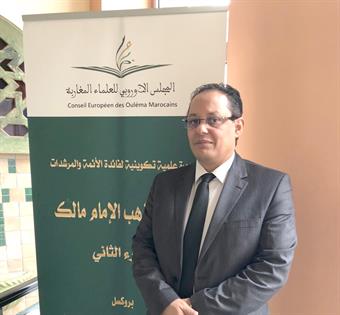
Khalid Hajji, President of the administration of European Council of Moroccan Ulema.
Brussels, MINA – Over 150 Imams from various European countries will gather in the Belgian capital Saturday to discuss ways to contribute effectively to the stability and promotion of living together in European societies.
The conference titled “the Imamate in the European Context: Challenges and perspectives,” will emphasize the role of Imams as partners for promoting social peace and living together between the different components of society.
“This meeting aims to strengthen the capacities of imams and religious workers to contribute effectively to the stability and promotion of living together in European societies” said Khalid Hajji, President of the administration of European Council of Moroccan Ulema (Islamic scholars) which has organised the conference.
“Today we exaggerate the role of Imams in negative things but Imams are doing a marvellous job and we must listen to them what they have to tell us,” Hajji told KUNA in an interview.
Also Read: Russia Defends Indonesia, Calls IOC “Hypocritical” Over Israel Visa Dispute
He noted that Saturday’s conference is the first of its kind organised by the Council which has invited the imams to share the challenges that they are called to take up every day and reflect on the future challenges, and hence to design a realistic training for them.
The afternoon session is devoted to Quran competition to which 12 reciters from different countries of the world will participate under the motto “Quran a message of peace.”
Endless stream of questions
Khalid Hajji said the European Council of Moroccan Ulema was founded in 2008 and has its headquarters in Brussels.
Also Read: IOC Suspends Indonesia’s Bid to Host Olympic Events After Visa Refusal for Israeli Athletes
It is an international organisation sponsored by the government of Morocco. The Council has 18 members scattered all over Europe.
The Council has three main activities, training Imams, organising conferences and doing research.
The Council helps Imams by introducing them to the subtleties of European cultures in the European context, he explained.
They also help the Muslim youth to harmonize with “belonging and believing.” “They are Muslims and believe in Islam but they belong to another setting which is not Muslim in its context,” explained Hajji who has studied in Morocco and in France.
Also Read: ICJ Rules Israel Must Facilitate Humanitarian Aid to Gaza Under Geneva Convention
“This is a daily question as how can I as a Muslim live my religion and at the same time belong to another society. It is a challenge and some youth don’t know how to do it. We try to give them some guidance,” he said.
“We are facing an endless stream of questions here in Europe by Muslims and non-Muslims. We try to give them the answers based on our research,” he told KUNA. (T/RS5/RS1)
Mi’raj Islamic News Agency (MINA)
Also Read: Israeli Fans Riot in Tel Aviv After UK Ban






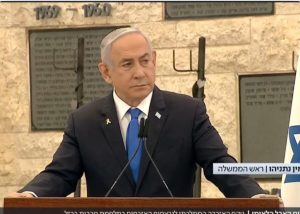
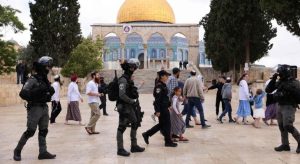
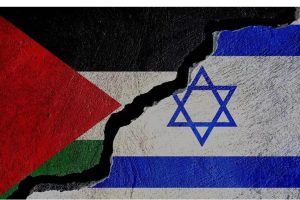
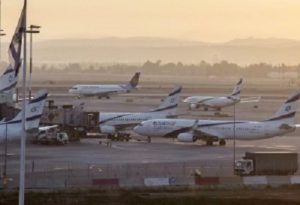


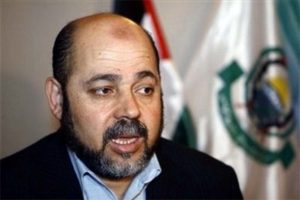

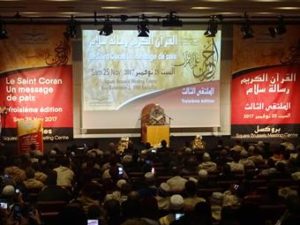
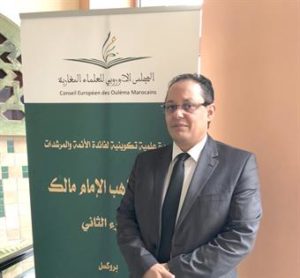






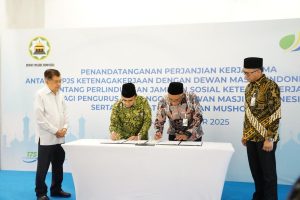
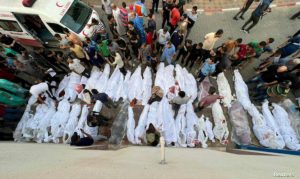
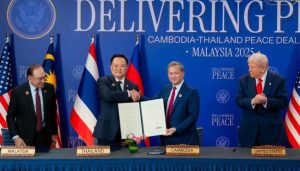

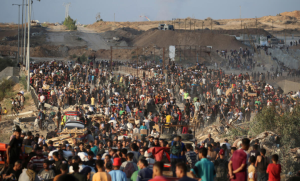





 Mina Indonesia
Mina Indonesia Mina Arabic
Mina Arabic